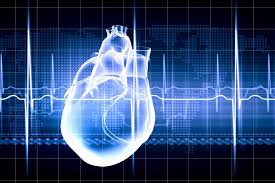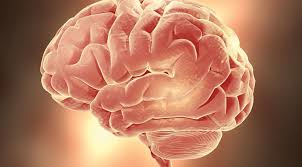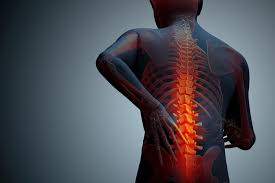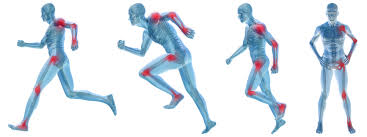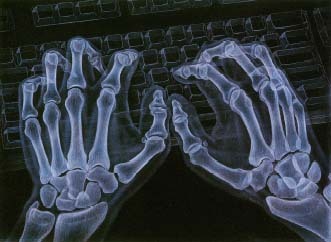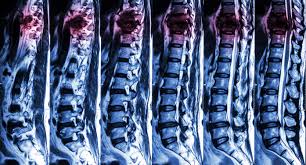Psychiatric Injuries
Psychiatric injuries in workers’ compensation law can be “direct” or “indirect”. Examples of direct injuries, sometimes called “primary psyche injuries”, include: Sexual harassment, workplace harassment and abuse, violence on the job, robberies, terrorist attacks, witnessing violent crimes and threats at work.
What do the following conditions have in common?
• Poor Sleep Pattern
• Stroke
• High Blood Pressure
• Headaches
• Stomachaches
• Forgetfulness
• Lung or Breathing Problems
• Physical Pain
• Acceleration of Heart Disease
• Chronic Physical Fatigue
• Development of Alcohol or Drug Addiction
• Anger & Bitterness
• Depression & Sadness
• Breakdown of Immune System
The answer, while many people don’t realize it, is that these conditions are often the consequences of stress and distress on the job. Stress and distress on the job may affect people negatively in any number of ways, even if they do not realize it, and even if they love their jobs.
Most people spend the majority of their waking hours either at work or thinking about work. Ultimately, this can have a detrimental affect on your health. Anxiety may be the earliest symptom to detect, but consider that every aspect of your physical and emotional health is tied to the way you perceive situations and events. That means that any illness, disease or syndrome can be caused, aggravated, contributed to or lit up by work stress.
Many experts believe that a high percentage of all disability claims may well be due in some part to work stress. Stress, and its affects, can impact your ability to perform your job, your attitude towards your job, and the way in which you react to the daily events of your job, both at work and when you bring your problems home.
Public safety offices and other protection personnel are particularly vulnerable. Many of these individuals spend their days not knowing what’s lurking around the corner, dealing with belligerent people and coping with bureaucratic red tape, which could ultimately cost them their jobs. As a result, the underlying stress, day in and day out, can break down defense mechanisms, causing physical and emotional medical conditions.
The daily drip-drip of physical and emotional stress is known in workers’ compensation language as a “continuous trauma” or “cumulative trauma” injury. This means that situations or conditions on a repetitive basis over a period of time can cause or aggravate physical and/or emotional symptoms. The symptoms need not be emotional, and may be purely physical, such as high blood pressure, GERD and IBS, neck and back pain, or a number of any physical ailments related to repetitive or overuse activities at work.
Secondary psychiatric injuries typically result from serious physical ailments or conditions that cause the loss of work or a change in lifestyle. These physical injuries may be catastrophic or the result of a violent act or simply as a result of the debilitating physical condition. You should always tell your doctor if you are feeling anxiety, depression, losing sleep, experiencing memory loss, or are suffering other emotional symptoms as a consequence of a physical injury.
Whatever emotional or psychological symptoms you may be experiencing, it is important to describe to a doctor what you do at work, what is happening at work, or an injury you suffered as a result of work. Rowen, Gurvey & Win has advocated on behalf of countless workers who have suffered both primary psychiatric injuries and secondary psychiatric injuries. If your well-being has been compromised emotionally, mentally and/or physically and a doctor has told you it is due to work, in whole or in part, or you believe your job is responsible for your mental health issues, contact our office for a free consultation.
